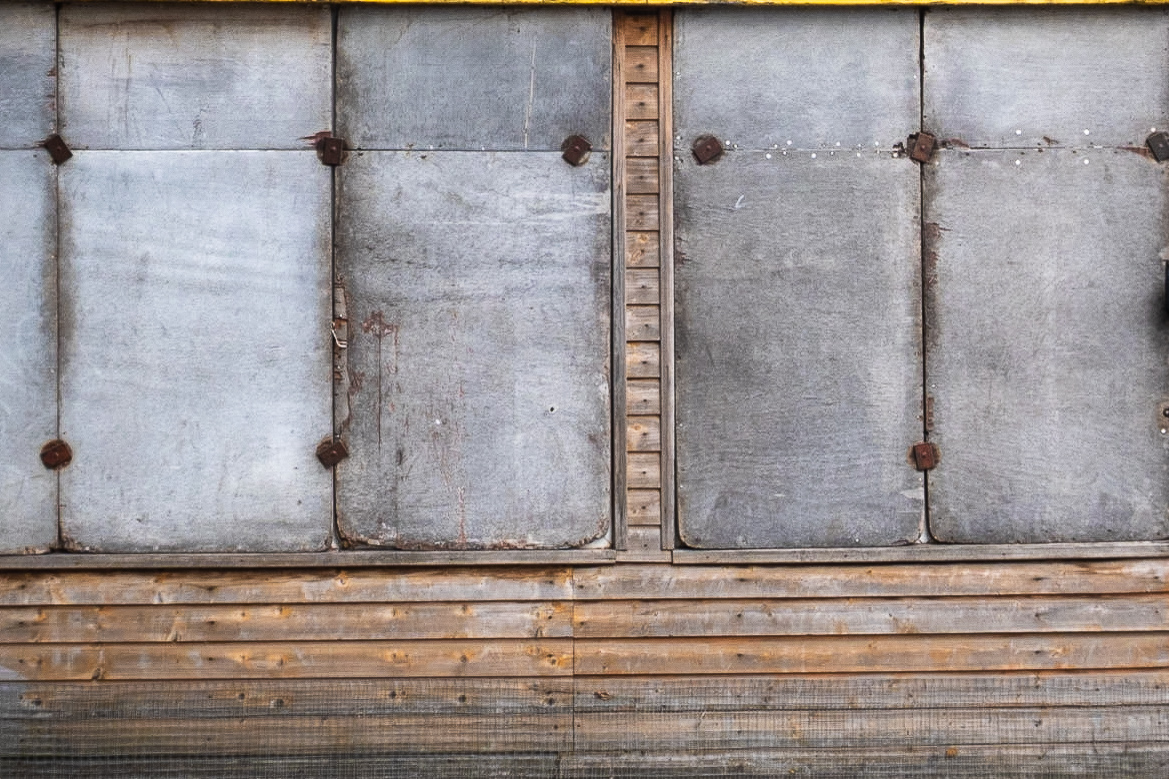I am very thrilled to be able to announce the post-docs joining (Jan22) my European Research Council #InhabitingRadicalHousing project at DIST – Dip. Interateneo di Scienze, Progetto e Politiche del Territorio.
Intersectional takes on #housingstruggles:
- Devra Waldman, postcoloniality, India
- Oluwafemi Olajde, pol economy, Nigeria
- Rayna Rusenko, critical global policy
- Rodrigo Castriota extended urban in the Amazons, Brazil
Devra, Femi, Rayna & Rodrigo have 3 years with us and are joined by
- Chiara Cacciotti, wonderful ethnographer squatting (1y post-doc)
- Daniela Morpurgo, on sex work-migration-housing (1y post-doc)
- Saanchi Saxena new exciting PhD candidate working on women street vendors in Mumbai
Devra, Femi, Rayna, and Rodrigo have deep knowledge of their geographies and have contributed already to debates on decolonial, critical race, and intersectional urban studies in Journals such as Antipode, EPD, Urban Studies, and more. Chiara and Daniela have published extensively too, and Saanchi co-funded a platform to disseminate scholarship beyond academia. This is really an outstanding team.
On top of all this, in due course, we will also launch a new #BeyondInhabitation lab here in Turin with AbdouMaliq Simone (more soon!)
I want to thank the over 60+ applicants for these jobs: competition was very high and selection very difficult. I also want to thank the wonderful Stefania Guarini who solved so much of the bureaucratic mess that I had to face for these international hirings! Today I am celebrating, so I won’t say much about that..
A final 3-year senior research position (RTDA) will be advertised in the coming weeks – watch this space.
Peace & Power


